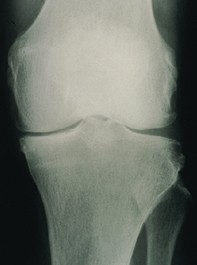Peer Reviewed
Feature Article Pharmacology and therapeutics
COX-2 specific inhibitors: safer anti-inflammatory therapy?
Abstract
A new class of anti-inflammatory agents that is as effective as conventional NSAIDs but carries less risk for the upper gastrointestinal tract has been released recently in Australia. The COX-2 specific inhibitors selectively block the formation of prostaglandins involved in inflammation and pain while sparing those involved in protecting the stomach from ulceration. What are these agents and when should we use them?
Key Points
- The first COX-2 specific inhibitors – celecoxib and rofecoxib – have been registered in several countries. Celecoxib is available in Australia.
- COX-2 specific inhibitors selectively block the formation of prostaglandins involved in inflammation and pain but spare those involved in protecting the stomach from ulceration.
- Although these new drugs are effective anti-inflammatory agents, they are no more effective than conventional NSAIDs.
- When compared with conventional NSAID treatment, COX-2 specific inhibitor treatment impressively reduces the incidence of endoscopically-proven peptic ulcers. Also, evidence to date suggests that the serious complications of peptic ulcers are significantly reduced.
- COX-2 specific inhibitors should not be given to people who are allergic to aspirin or NSAIDs, and should be used very cautiously in patients taking warfarin, with more intensive monitoring of prothrombin time initially being requested.
- These new agents are likely to be most useful for patients who need an anti-inflammatory drug but who have risk factors for upper gastrointestinal tract bleeding.
Purchase the PDF version of this article
Already a subscriber? Login here.

